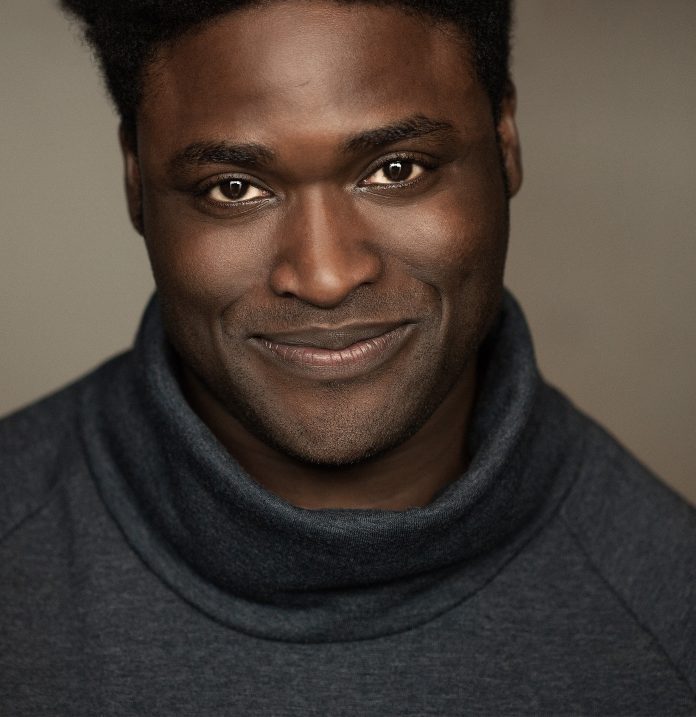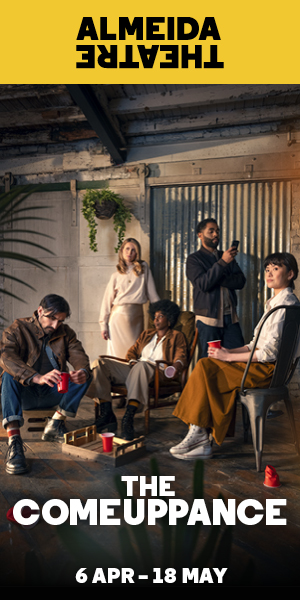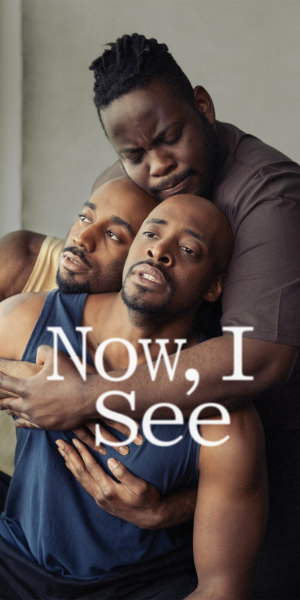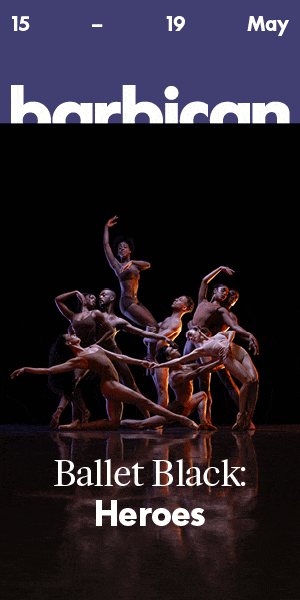Winner of The Stage Debut Director Award, and currently the Battersea Arts Centre’s artistic director as part of the Up Next programme, Lekan Lawal, explores mental health and representation of black men in his visceral and though provoking new production, Superblackman.
Drawing from a multitude of artforms including mythology, pop culture and graphic novels Lekan’s main inspirations for the show goes back to his childhood. As a child Lekan was into comic books and whilst many of his friends could point out their favourite superhero he struggled to find one he could fully relate to. Lekan told me “People would be able to name their favourite hero, He-Man, Superman, even She-Ra but I never could. Not that I didn’t like any of these superheroes it was mainly a combination of none of them having any relatability to my real-life experience and even then I had the awareness that the people I was supposed to be looking up to didn’t look like me.”
I had the awareness that the people I was supposed to be looking up to didn’t look like me.
Fast forward to adulthood and Lekan deemed that the single story of the protagonist was no longer useful in today’s diverse art world and wanted to shift everyone’s awareness and make people question the typical representation of a superhero and a villain.
By drawing from something as innocuous as a cartoon or a comic book superhero Lekan recognised that this artform held a lot of influence in society’s ‘unconscious bias’. He told me “There’s always this pervasive biased idea within the popular stories and images of who the superhero is, that idea of the blond blue-eyed hero, and who the villain is, usually a darker character, which has a massive influence on how we perceive people in the real world. As a kid it is simply your favourite cartoon but these ideas become internalised and more complex as you grow into an adult.”
Referring to ‘The Doll Test’ a well-known social science experiments first created in the 1940s by African-American psychologists Kenneth Bancroft Clark and his wife, Mamie Phipps Clark, who designed the test to study the effects of segregation on black children.
Lekan illustrated his point perfectly: “When you look at studies like the doll test where children pick which doll they think is clever or smart or beautiful you can see the effects of unconscious bias and this has all happened before we hit school. There are 2-year olds who play together without seeing racial difference and then as they become more aware of pop culture and the media they consume through cartoons and comic characters they have an awareness of these pervasive differences.”
Lekan went on to explain that these biases reflect who is writing the cartoons and comic books, and who is getting published, who is editing them, who is getting cast to be their voices or play them in the Hollywood movie. These all build up into unconscious biases over time that seep into social views and ideals and perceptions and affect the way we interact with each other on a daily basis. “Unfortunately, it’s the power imbalance in the real world that affects the outcomes of these stories. These stories are based on fantasy but do influence the way we see the world.”
Through his new production Superblackman, Lekan wants people to be willing to admit their biases and accept that they exist in every interaction whether conscious or subconsciously.
Lekan, said: “My thinking is that if we have different people telling these stories it will start to balance out the unconscious bias. If we maintain the current situation where it is a certain group of people in the positions of power telling the same story with the same heroes and villains, nothing will change or evolve. Homogenous groups equal homogenous storytelling which leads to everyone seeing things in the exact same way.”
Looking at the breakthrough smash hit film Black Panther there felt like a movement towards representation, Lekan told me that his idea for Superblackman came along a long time before the film was released. For him Black Panther is a visceral celebration of blackness from a global point of view and he found the idea of a utopian African country, Wakanda, interesting: “It was interesting that they framed this black utopia in the context of the real world. Using the character of Killmonger the film managed to make contemporary social problems, specifically from a US point of view, very real. By having an American real world meet this African fantasy world gave the film so much deeper context.”
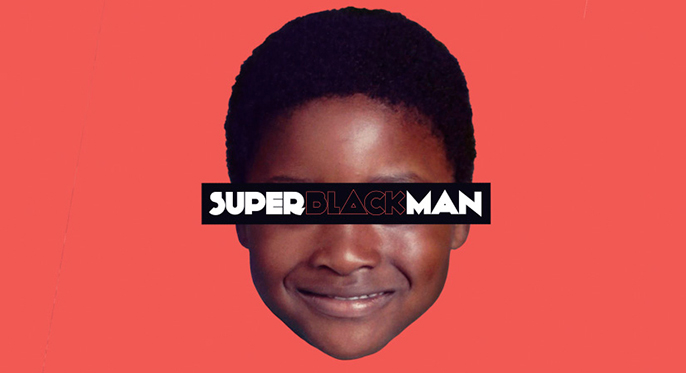
His play is from a British point of view and asks the question: If Superman were to land here right now and he was a real dude, who suddenly started saying ‘Yo I’m Superman’ but he didn’t look like Clark Kent, instead he looked like a big black guy would people see him as a hero or would they be scared and just want lock him up?
Having done some work in the past with different mental health groups and through his own research Lekan was struck by the overrepresentation of ethnic minorities within the mental health system, and predominantly black men. The development of Superblackman has been supported by the Wellcome Trust and is being made with input from mental health practitioners, exploring where race and mental health intersect. It’s premiering as the UK Government prepares to release its Independent Review of the Mental Health Act 1983. The review aims to explore why in the UK, people from black and ethnic minority groups are more likely to be diagnosed with mental health problems, admitted to hospital, experience poor outcomes from treatment and disengage with mainstream mental health services, leading to social exclusion and further deterioration of mental health. This is also reflected by the massive overrepresentation of black men within the penal system. The US and the UK both share this saddening and telling social issue.
My thinking is that if we have different people telling these stories it will start to balance out the unconscious bias
Lekan also aims to explore how mental health is looked at within the black community. “There is a massive taboo in our community on honestly talking about mental health and its sufferers. Admitting there’s a problem of mental health is a big issue within the black community.” By talking about the existing distrust between the black community and medical and legal professionals Lekan is shining an important light on what needs to change. “This distrust is understandable given how the police, judges, lawyers, doctors and the NHS mainly do not represent these communities. These professional structures are in place to make our lives easier and allow us to live freely from problems within society, however for black people, especially black men, this is the opposite whereby these very structures make lives harder, more complicated and are unfair. These structures aren’t working for everyone in the same way. Of course, change can’t be immediate as a lot of people would lose their jobs, but we do need to start recognising the issue of unconscious bias. For example if two people commit the same crime and go in front of the same judge and are represented by the same lawyer one of them will get a much harsher judgment just because they are not white. This is not fair.
This show is about making people ask those questions. Getting people to question the way they think and view each other. Only then we can move towards redressing how people are treated and marginalised within our communities and society as a whole.”
























